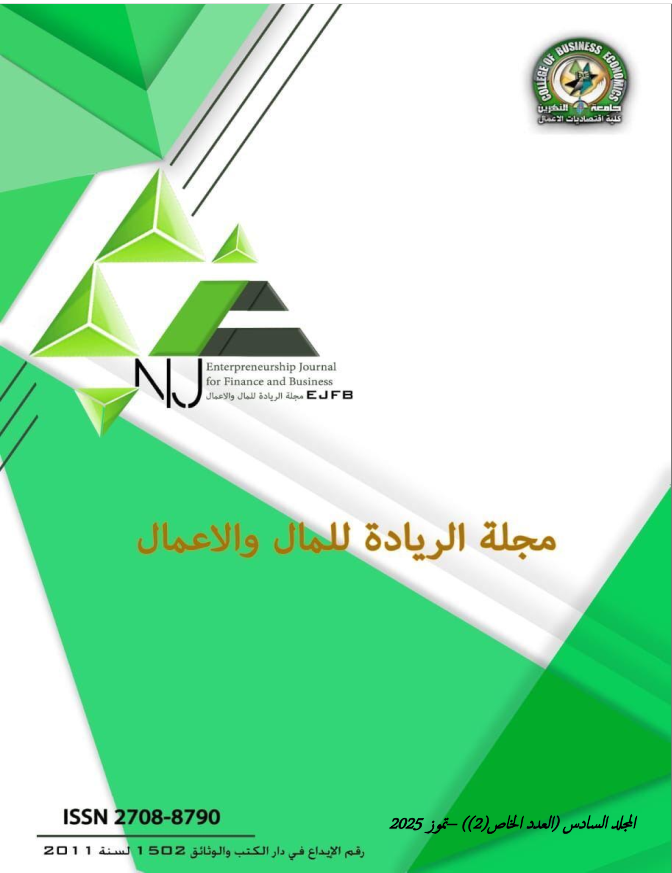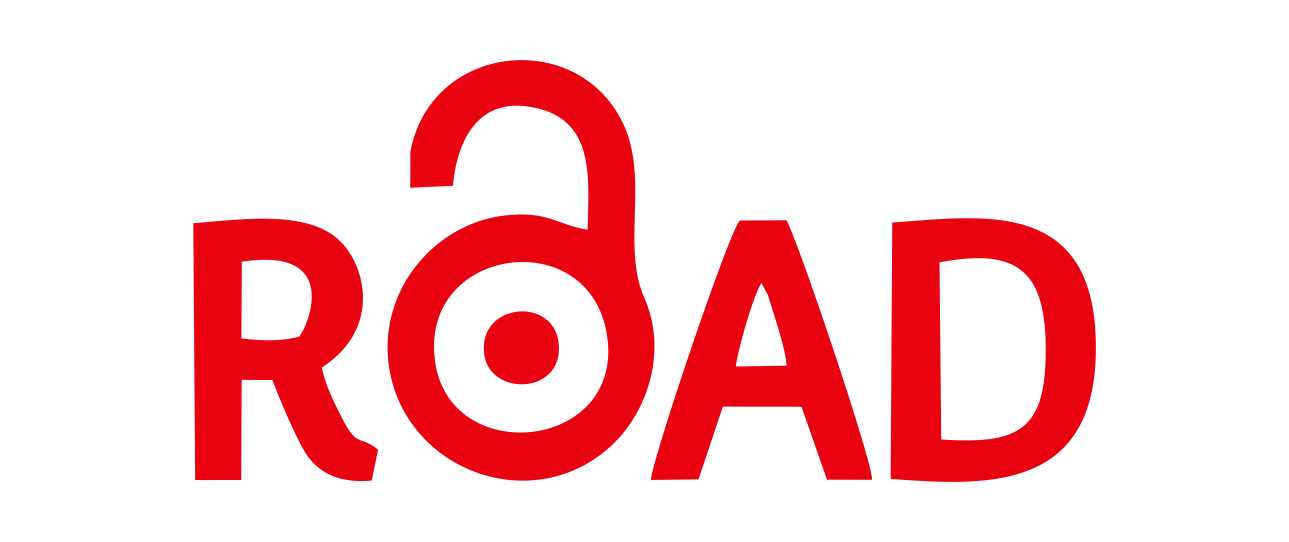The Implementation of E-Governance Systems and Their Impact on Reducing Bribery and Embezzlement in Government Institutions: A Field Study at Al-Rasheed Bank / Najaf Branch
DOI:
https://doi.org/10.56967/ejfb2025693Keywords:
e-governance, reducing bribery, embezzlementAbstract
This study aims to analyze the impact of implementing e-governance systems on reducing bribery and embezzlement in government institutions, as they are among the most prominent tools for combating financial corruption. The study explores the concept of e-governance and its role in enhancing transparency and accountability through automation and digitization, which reduces human intervention in administrative and financial processes. The study also discusses the most prominent mechanisms that contribute to reducing corruption, such as electronic payment, digital signatures, and smart monitoring systems. Furthermore, successful international experiences in implementing e-governance and its positive impact on reducing financial corruption are highlighted. Finally, to achieve the research objective, the researchers distributed a questionnaire to a sample of employees at Rasheed Bank/Najaf Branch in Iraq. The researchers reached a set of conclusions, the most important of which is that implementing e-governance systems significantly reduces the opportunities for bribery and embezzlement in government institutions by enhancing transparency and reducing human intervention in financial transactions. The researchers also reached a set of recommendations, most notably the need to develop technological systems in government institutions to ensure effective implementation of e-governance, while providing secure and fast communication network.
Downloads
Downloads
Published
How to Cite
Issue
Section
License
Copyright (c) 2025 علي محمد حسين جاسم، علي يوسف علي، ابتهال سعد هاشم، حسن طاهر بريبر

This work is licensed under a Creative Commons Attribution 4.0 International License.
This is an Open Access article distributed under the terms of the creative commons attribution (CC BY) 4.0 international license which permits unrestricted use, distribution, and reproduction in any medium or format, and to alter, transform, or build upon the material, including for commercial use, providing the original author is credited.










